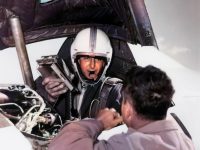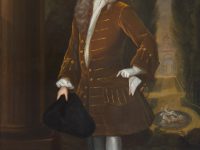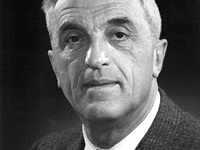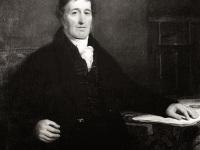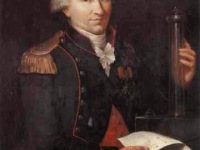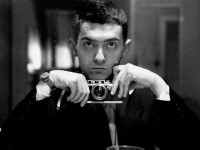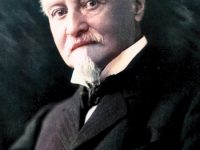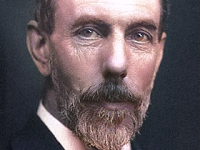Twice the Speed of Sound – The Record Flight of Scott Crossfield
On November 20, 1953, Albert Scott Crossfield became the first person to fly at twice the speed of sound as he piloted the Douglass D-588-ii Skyrocket to a speed of 2,078 km/h, Mach 2.005. Albert Scott Crossfield – Youth and Education Albert Scott Crossfield was born on October 2, 1921 in California and grew up in California and Washington. During the Second World War he served in the US Navy as a flight…
Read more

